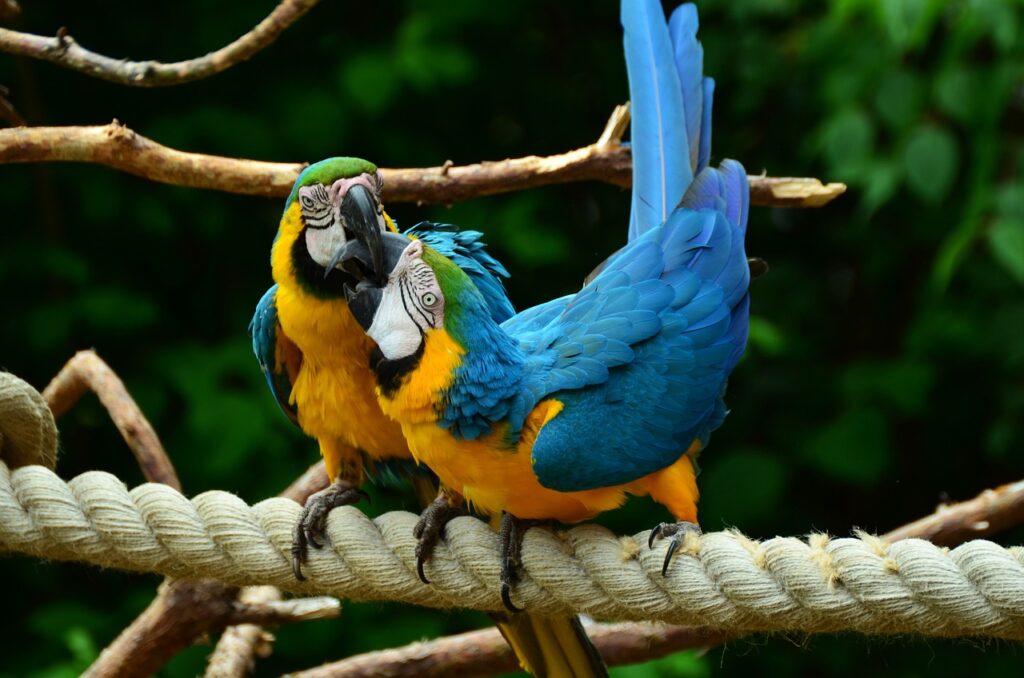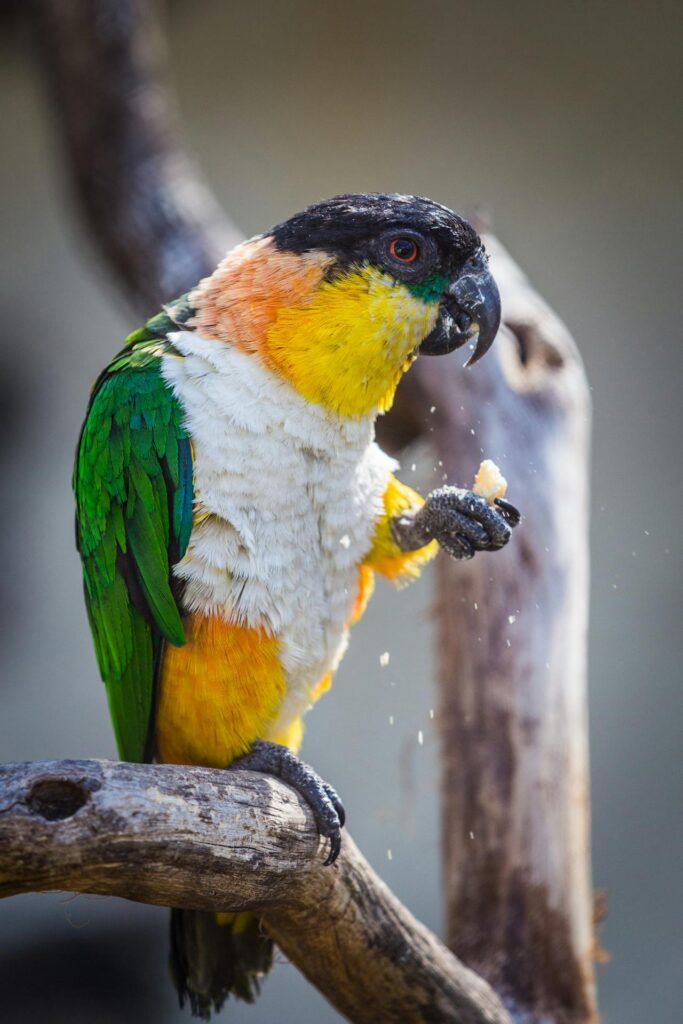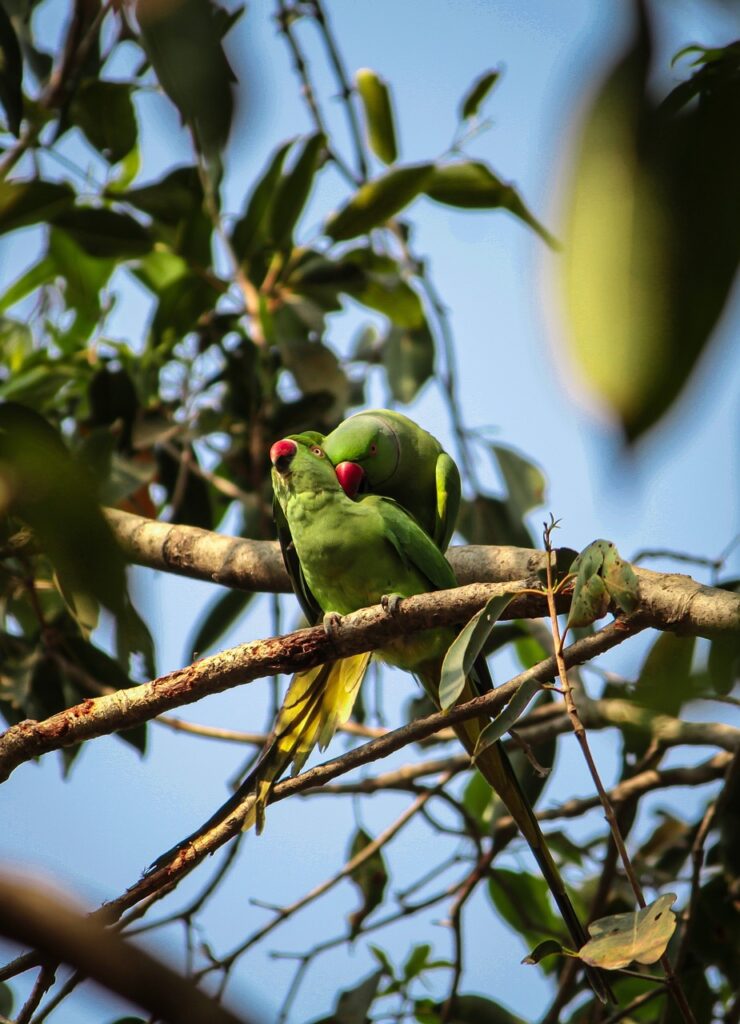
When it comes to preparing your birds for the breeding season, there are three primary factors to take into account.
- Choosing compatible pairs that will yield robust, healthy chicks.
- Ensuring birds have access to a clean, sheltered environment free from parasites.
- Offering appropriate nutrients that replicate wild bird diets, enhancing fertility, egg laying, and fostering swift chick development.
If breeders can achieve these goals, their birds are much more likely to produce greater numbers of healthy, lively chicks and reduce the occurrence of chicks failing to hatch. It’s never too late to begin making these changes!

For a Female Bird
In the breeding season, female birds are prone to stress. Egg-laying requires substantial calcium, and the eggs need rich protein, fats, vitamins, and minerals. The nutritional quality of the egg is vital for the embryo’s survival prospects.
Key Supplements to use for optimal breeding
- Calcium Supplement
- Multivitamin Supplement
- Pro-biotic Supplement
- Vitamin C Supplement
For a Male Bird
For a Male, breeding is less demanding; their main task is to produce ample high-quality sperm and to be in the right mindset for mating. Even minor deficiencies, like in vitamin E, can disrupt this process. The diet before breeding greatly impacts both parents and thus the overall success of the breeding season.
Key Supplements to use
- Calcium Supplement
- Multivitamin Supplement
- Pro-biotic Supplement
- Vitamin E Supplement

Tips for creating a clean, sheltered, and parasite-free environment for your birds
- Most birds can be housed in either aviaries or cages. It’s essential to provide them with access to wind free accommodations. Outdoor aviaries should include a sheltered area for birds to retreat to during unfavorable weather conditions, and certain exotic species may require additional heating in winter. Ensuring security is paramount, so cage and aviary designs should offer privacy while still allowing full access for cleaning purposes; establishing yourself as the leader of the flock is crucial! Cages should ideally be spacious enough to allow birds to spread their wings at a minimum.
- Regular disinfection of cages, perches, drinkers, and feeders is essential to prevent the accumulation of harmful germs. Water can easily become contaminated by birds and is a major source of infection. Adding a sanitizer to drinking and bathing water can inhibit germ multiplication and help prevent disease.
Subscribe to our newsletter!


